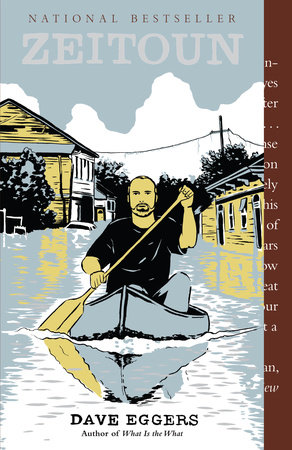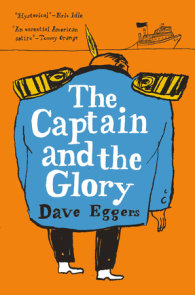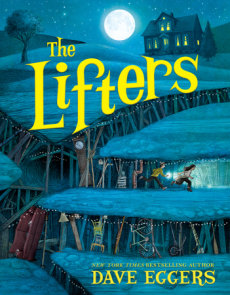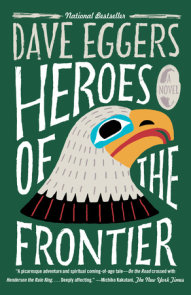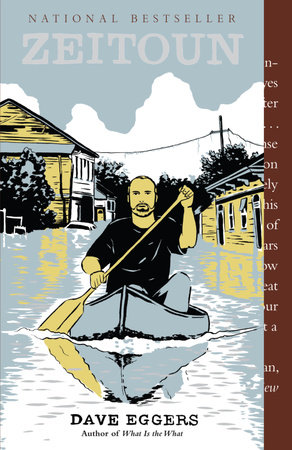

Zeitoun
By Dave Eggers
By Dave Eggers
By Dave Eggers
By Dave Eggers
Category: Biography & Memoir | Science & Technology
Category: Biography & Memoir | Science & Technology

-
$18.00
Jun 15, 2010 | ISBN 9780307387943
-
Jun 15, 2010 | ISBN 9780307739438
YOU MAY ALSO LIKE

Saint Maybe
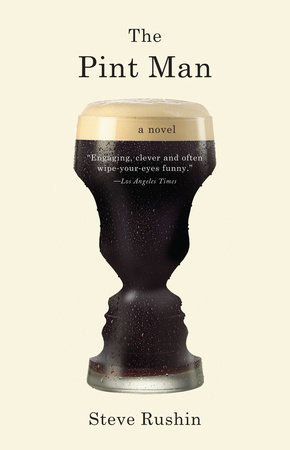
The Pint Man
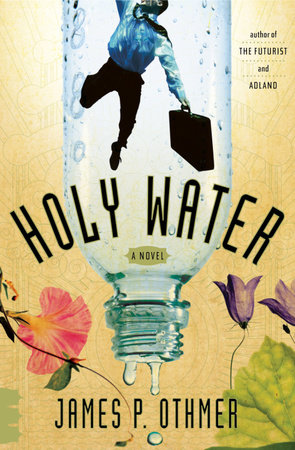
Holy Water
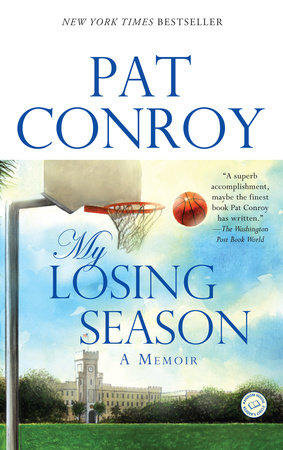
My Losing Season
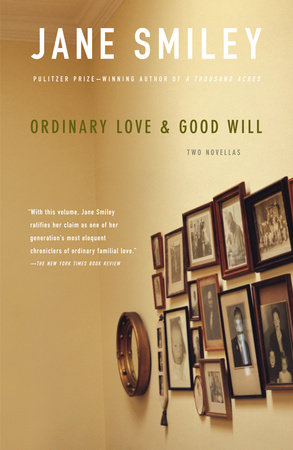
Ordinary Love and Good Will
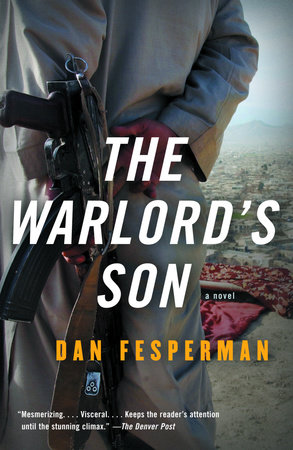
The Warlord’s Son
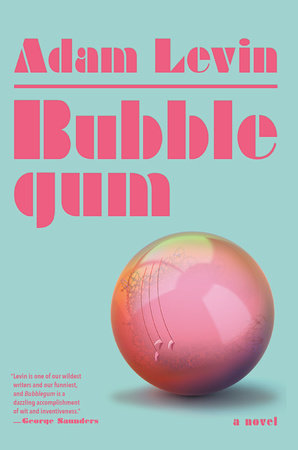
Bubblegum

Natasha
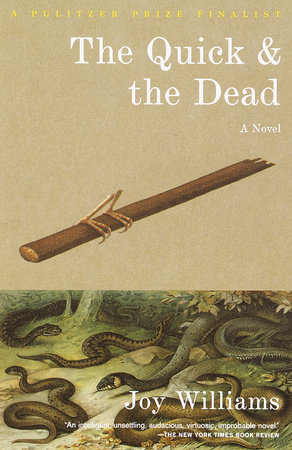
The Quick and the Dead
Praise
A New York Times Notable Book
An O, The Oprah Magazine Terrific Read of the Year
A Huffington Post Best Book of the Year
A New Yorker Favorite Book of the Year
A Chicago Tribune Favorite Nonfiction Book of the Year
A Kansas City Star Best Book of the Year
A San Francisco Chronicle Best Book of the Year
An Entertainment Weekly Best Book of the Decade
“Imagine Charles Dickens, his sentimentality in check but his journalistic eyes wide open, roaming New Orleans after it was buried by Hurricane Katrina. . . . Eggers’ tone is pitch-perfect—suspense blended with just enough information to stoke reader outrage and what is likely to be a typical response: How could this happen in America? . . . It’s the stuff of great narrative nonfiction. . . . Fifty years from now, when people want to know what happened to this once-great city during a shameful episode of our history, they will still be talking about a family named Zeitoun.” —Timothy Egan, The New York Times Book Review
“[A] heartfelt book, so fierce in its fury, so beautiful in its richly nuanced, compassionate telling of an American tragedy, and finally, so sweetly, stubbornly hopeful.” —The Times-Picayune (New Orleans)
“Zeitoun is a riveting, intimate, wide-scanning, disturbing, inspiring nonfiction account of a New Orleans married couple named Abdulrahman and Kathy Zeitoun who were dragged through their own special branch of Kafkaesque (for once the adjective is unavoidable) hell after Hurricane Katrina. . . . [It’s] unmistakably a narrative feat, slowly pulling the reader into the oncoming vortex without literary trickery or theatrical devices, reminiscent of Mailer’s Executioner’s Song but less craftily self-conscious in the exercise of its restraint. Humanistic, that is, in the highest, best, least boring sense of the word.” —James Wolcott, Vanity Fair
“A major achievement and [Eggers’s] best book yet.” —The Miami Herald
“Zeitoun offers a transformative experience to anyone open to it, for the simple reasons that it is not heavy-handed propaganda, not eat-your-peas social analysis, but an adventure story, a tale of suffering and redemption, almost biblical in its simplicity, the trials of a good man who believes in God and happens to have a canoe. Anyone who cares about America, where it is going and where it almost went, before it caught itself, will want to read this thrilling, heartbreaking, wonderful book.” —Neil Steiberg, Chicago Sun-Times
“Which makes you angrier—the authorities’ handling of Hurricane Katrina or the treatment of Arabs since Sept. 11, 2001? Can’t make up your mind? Dave Eggers has the book for you. . . . Zeitoun is a warm, exciting and entirely fresh way of experiencing Hurricane Katrina. . . . Eggers makes this account completely new, and so infuriating I found myself panting with rage.” —Dan Baum, San Francisco Chronicle
“A masterpiece of compassionate reporting about a shameful time in our history.” —O, The Oprah Magazine
“Eggers’s sympathy for Zeitoun is as plain and real as his style in telling the man’s story. He doesn’t try to dazzle with heartbreaking pirouettes of staggering prose; he simply lets the surreal and tragic facts speak for themselves. And what they say about one man and the city he loves and calls home is unshakably poignant—but not without hope.” —Chris Nashawaty, Entertainment Weekly
“Zeitoun is a story about the Bush administration’s two most egregious policy disasters—the War on Terror and the response to Hurricane Katrina—as they collide with each other and come crashing down on one family. Eggers tells the story entirely from the perspective of Abdulrahman and Kathy Zeitoun, although he says he has vigorously double-checked the facts and removed any inaccuracies from their accounts. At first, as a reader, I felt some resistance to this tactic—could the Zeitouns possibly be as wholesome and all-American as Eggers depicts them?—but the sheer momentum, emotional force and imagistic power of the narrative finally sweep such objections away.” —Andrew O’Hehir, Salon
Awards
Dayton Literary Peace Prize for Nonfiction WINNER 2010
L.A. Times Book Prize (Current Interest) WINNER 2009
21 Books You’ve Been Meaning to Read
Just for joining you’ll get personalized recommendations on your dashboard daily and features only for members.
Find Out More Join Now Sign In








